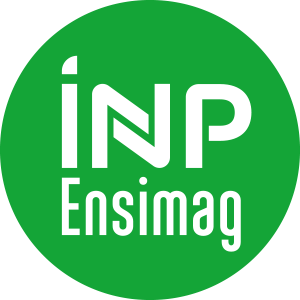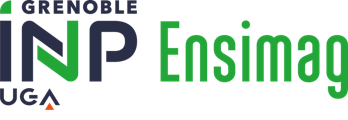Number of hours
- Lectures 12.0
- Projects -
- Tutorials 12.0
- Internship -
- Laboratory works 12.0
- Written tests -
ECTS
ECTS 3.0
Goal(s)
This course address the fundamentals of continuous automatic control theory and deals with the main basic tools used in this discipline. The aim is to provide students with the necessary theoretical and methodological elements in applied physics that will be useful to them as engineers.
Pierre-Yves COULON
Content(s)
Courses and Tutorials (24)
1 Modelization
Study variation, total differential, Laplace transform, block diagrams, transfer function, open loop, closed loop
2 Responses
Time and harmonic responses, Bode, Nyquist and Black plots, basic systems (gain, integrator, 1st and 2nd order, delay)
3 Performances
Stability (graphics criteria, Nyquist), static error, dynamic and speed
4 Control system design
Proportional controller, integral (PI, phase delay), derived (PD, leading), PID
5 Introduction to nonlinear systems
First harmonic method, phase plane method.
Lab sessions (12h)
1 Lightning control (analog hardware plant, signal generator, multimeter, oscilloscope)
System identification, open-loop study, Bode plot, step responses, static errors (first and second order), proportional and integral controller
2 Simulation of a hot air balloon control using Simulink software
Time and harmonic responses, Bode, Nyquist and Black plots, controller design, nonlinear control
Laplace Transform.
Final exam (2h)(E) + reports on the practical work(TP).
N1=0.6*E1 + 0.4*TP
N2=0.6*E2 + 0.4*TP
Pas de rattrapage du TP en 2ème session
The course exists in the following branches:
- Curriculum - Embedded Systems & Connect. Devices - Semester 7
Course ID : 4MMAUT6
Course language(s): 
The course is attached to the following structures:
You can find this course among all other courses.
M. Rivoire, J.L. Ferrier : Cours d'automatique T2. Asservissements, régulation, commande analogique (Eyrolles, 1990).



